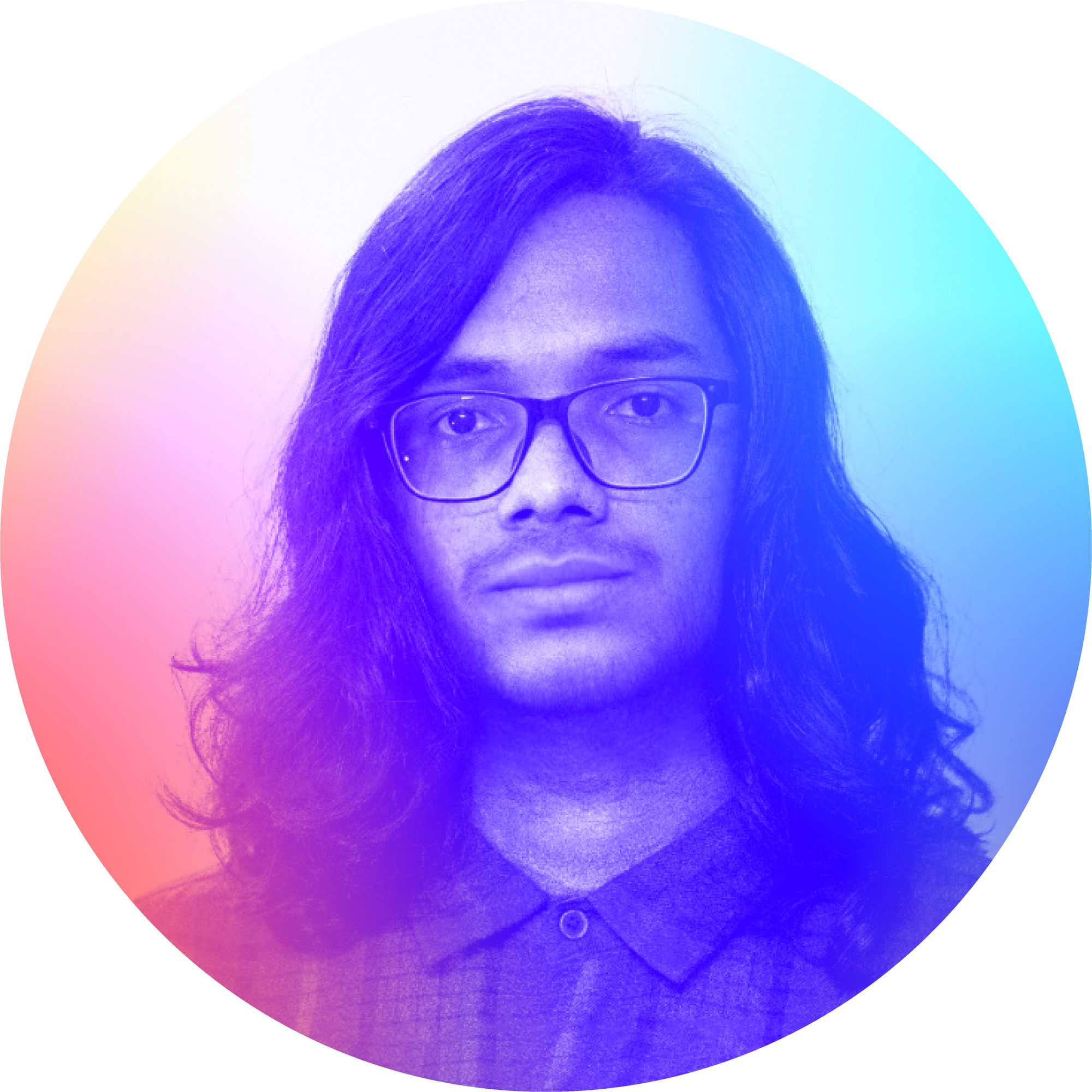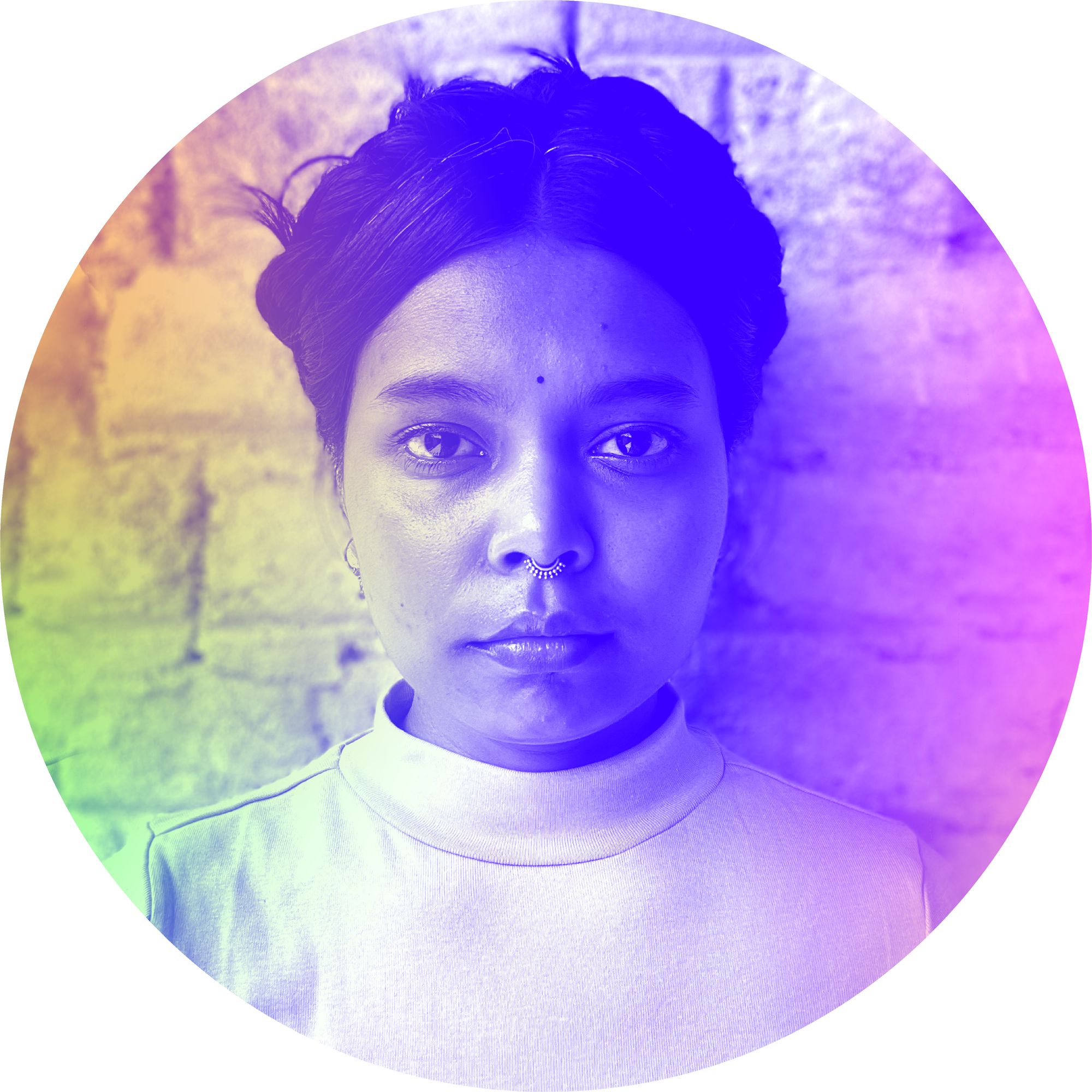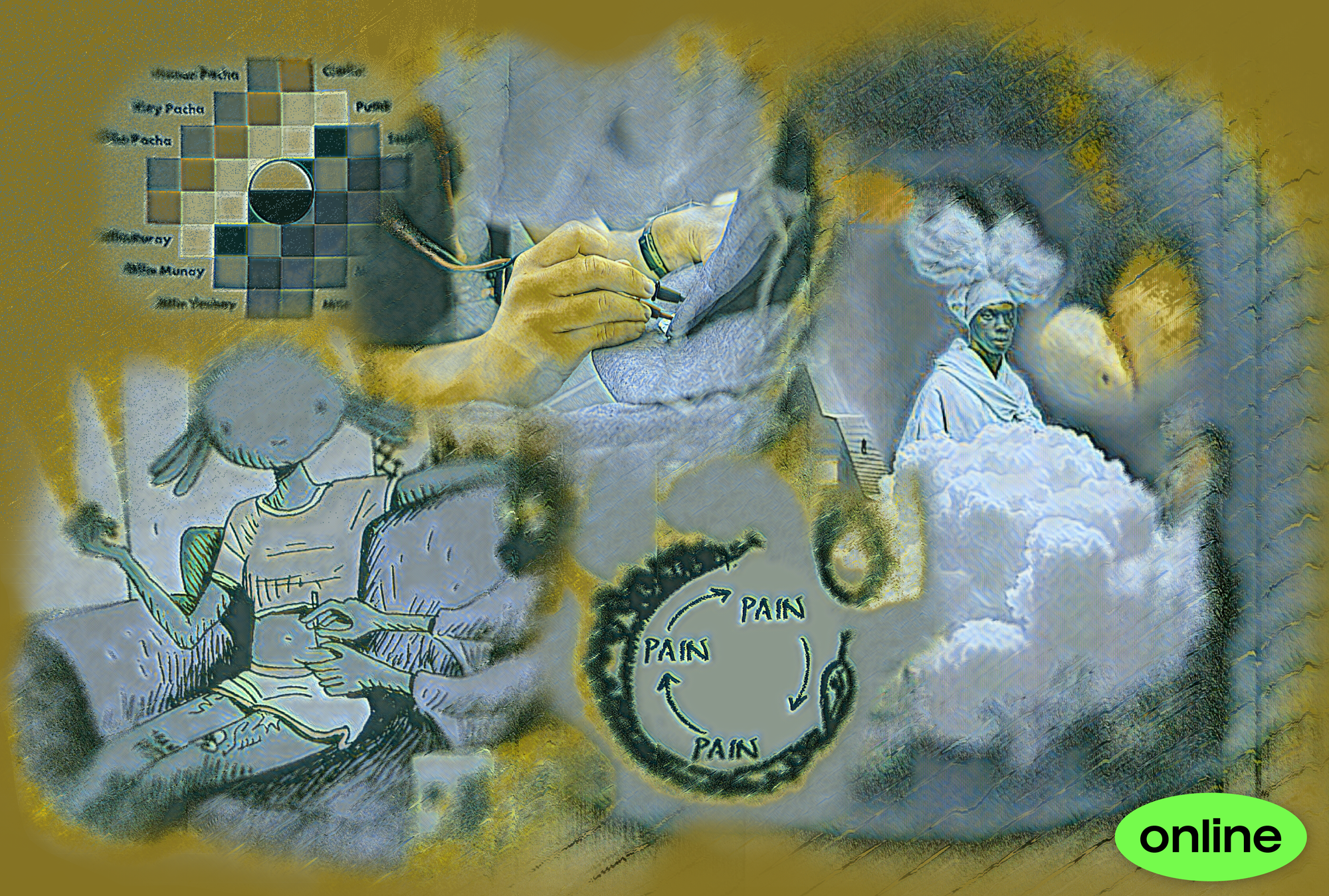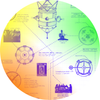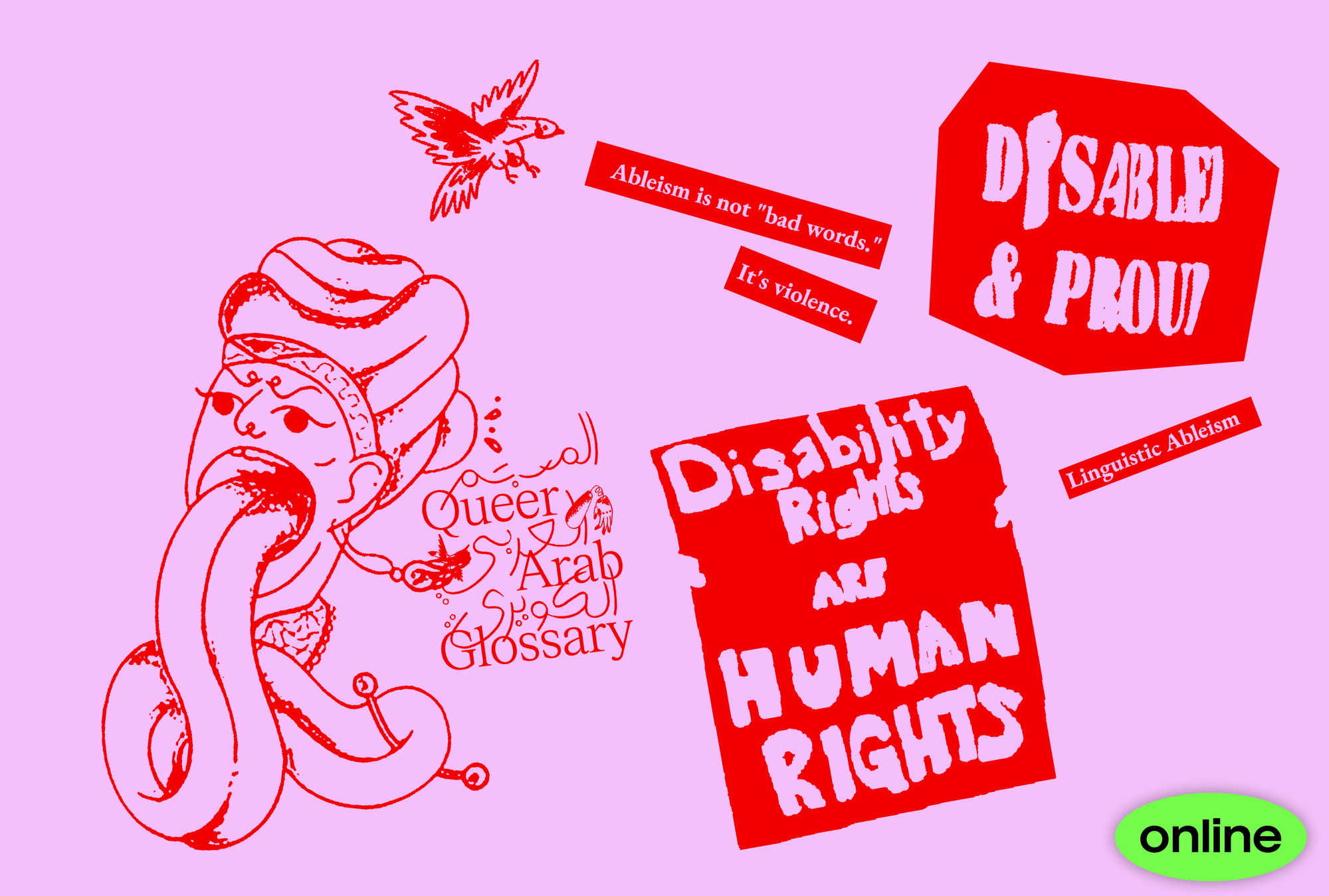Activists share their experiences on the struggle against casteism in design education and practice.
Discourses on decolonization often center on challenging the Euro-American hegemony and colonial legacy that is ingrained in design production. However, in the Indian context, where the caste system forms the fabric of social life, decolonization must also address over 3000 years of deep-rooted systemic oppression. In addition to that, the transnational design community must engage in decolonization discussions that acknowledge the particularities of local contexts.
Following International Womxn’s Day on March 9, 2023, we will host “Debrahmanizing Design: On challenges of decolonization in India.” The event brings together activists from Adivasi, Bahujan, and Dalit communities—at the bottom of the Hindu caste hierarchy—committed to fighting discrimination, the lack of representation, and the brahmanical character of design education and practice in India.
Even though the caste system was formally abolished in the 1950s, it still profoundly impacts every aspect of Indian life, resulting in a violent casteist reality. Modern design education reproduces brahmanic logic and further alienates most Indian populations, centering the privileged few. In this discussion, we will focus on unpacking the casteist character of design in India, discussing what debrahmanizing design entails and how it connects with feminist, anti-capitalist, and other struggles.
Title image: Illustration by The Big Fat Bao.

The Big Fat Bao (she/they) is an independent illustrator and researcher whose work focuses on redefining Indian design education from the anticaste perspective. Their research highlights the missing connection between Indian illustration and casteism. Through her work, she aims to promote critical awareness among designers on how the very act of creative production in India is based on the experiences of Dalit, Bahujan, and Adivasi lives.

Mani Deepa Barla (she/her) is an Industrial Designer specializing in furniture and interiors. Her approach to projects is hands-on, attempting to explore, teach and understand craft, art, tradition, and history at a grassroots level. She loves exploring different mediums, merging various disciplines, with attention to the contribution of craftspersons involved in bringing objects and spaces to life. She aspires for collective growth of skill and intellect for everyone involved by sharing her knowledge of applications and learning from them. She is presently practicing at a firm based in Mysore, India.

Yatharth (he/him) is a researcher and occasionally a designer exploring the interaction between design, caste, and technology. His work looks at design-enabled injustice in the gig economy, the state of anti-caste publishing on Indian social media, and the affordances of digital expression, posing the question: “Who gets to express with technology?” Yatharth is a trained Communication Designer with a focus on new media and emerging technology.
DONATEDo you like our events? To sustain Futuress in the long run, we need 600 people to support the platform with 10 CHF/month. Every little bit helps, so please consider donating today!

Activists share their experiences on the struggle against casteism in design education and practice.
Discourses on decolonization often center on challenging the Euro-American hegemony and colonial legacy that is ingrained in design production. However, in the Indian context, where the caste system forms the fabric of social life, decolonization must also address over 3000 years of deep-rooted systemic oppression. In addition to that, the transnational design community must engage in decolonization discussions that acknowledge the particularities of local contexts.
Following International Womxn’s Day on March 9, 2023, we will host “Debrahmanizing Design: On challenges of decolonization in India.” The event brings together activists from Adivasi, Bahujan, and Dalit communities—at the bottom of the Hindu caste hierarchy—committed to fighting discrimination, the lack of representation, and the brahmanical character of design education and practice in India.
Even though the caste system was formally abolished in the 1950s, it still profoundly impacts every aspect of Indian life, resulting in a violent casteist reality. Modern design education reproduces brahmanic logic and further alienates most Indian populations, centering the privileged few. In this discussion, we will focus on unpacking the casteist character of design in India, discussing what debrahmanizing design entails and how it connects with feminist, anti-capitalist, and other struggles.
Title image: Illustration by The Big Fat Bao.

The Big Fat Bao (she/they) is an independent illustrator and researcher whose work focuses on redefining Indian design education from the anticaste perspective. Their research highlights the missing connection between Indian illustration and casteism. Through her work, she aims to promote critical awareness among designers on how the very act of creative production in India is based on the experiences of Dalit, Bahujan, and Adivasi lives.

Mani Deepa Barla (she/her) is an Industrial Designer specializing in furniture and interiors. Her approach to projects is hands-on, attempting to explore, teach and understand craft, art, tradition, and history at a grassroots level. She loves exploring different mediums, merging various disciplines, with attention to the contribution of craftspersons involved in bringing objects and spaces to life. She aspires for collective growth of skill and intellect for everyone involved by sharing her knowledge of applications and learning from them. She is presently practicing at a firm based in Mysore, India.

Yatharth (he/him) is a researcher and occasionally a designer exploring the interaction between design, caste, and technology. His work looks at design-enabled injustice in the gig economy, the state of anti-caste publishing on Indian social media, and the affordances of digital expression, posing the question: “Who gets to express with technology?” Yatharth is a trained Communication Designer with a focus on new media and emerging technology.
DONATEDo you like our events? To sustain Futuress in the long run, we need 600 people to support the platform with 10 CHF/month. Every little bit helps, so please consider donating today!



